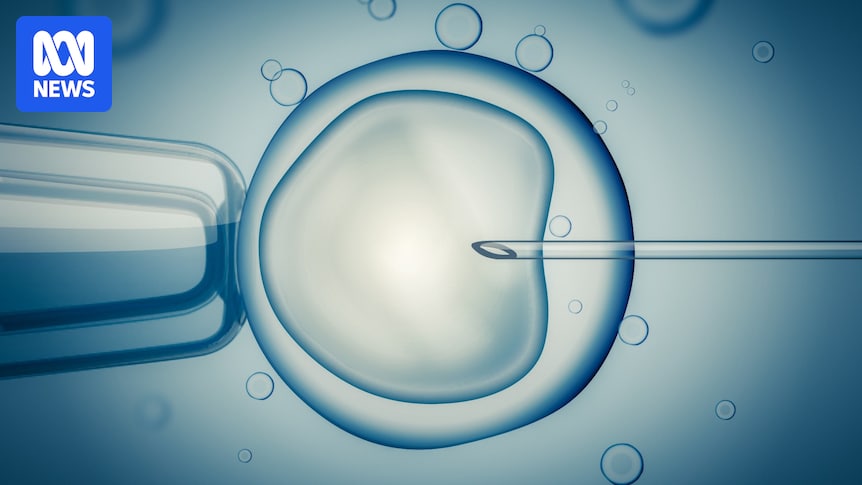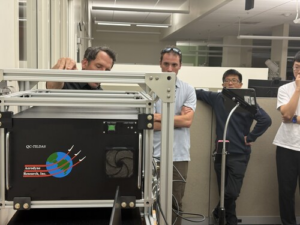
An international egg bank has approached Australian IVF companies with a controversial “reward” scheme, likened by industry insiders to “frequent flyer” programs for fertility clinics. The proposal from the US-based World Egg and Sperm Bank (TWESB) has raised ethical concerns and prompted cautionary responses from Australian fertility experts.
In an email obtained by the ABC, TWESB introduced its “Client Success Reward Program in Australia,” offering IVF clinics credits that could offset or even fully cover the cost of donor egg cohorts for patients. “Credits are applied directly to your Clinic TWESB account, giving you flexibility to support your patients when they need it most,” the email stated. Despite the initial communication, TWESB clarified that the reward program had not been implemented.
Industry Reactions and Ethical Concerns
The Fertility Society of Australia and New Zealand (FSANZ) has advised its members to exercise caution regarding the proposed points-based program. A spokeswoman for FSANZ highlighted the ongoing shortage of sperm and egg donors in Australia, emphasizing the need for reforms to encourage more local donations. “This issue underscores the importance of national harmonised laws covering assisted reproductive technology, including IVF,” she said.
Brisbane-based fertility specialist Dr. David Molloy, chair of the IVF Medical Directors’ Group Australia, expressed concern over the potential reputational damage for clinics involved in such schemes. “There is a risk of reputational damage,” he warned, urging companies to seek ethical and legal advice before participating.
Expert Opinions on Commercial Incentives
Dr. Molly Johnston, an ARC Industry Fellow at Monash University’s Bioethics Centre, weighed in on the complexity of the reward scheme. “Such a reward scheme does raise some serious questions about how commercial incentives are influencing reproductive medicine,” she noted. While acknowledging potential cost savings for patients, Dr. Johnston warned of possible conflicts of interest and the risk of biasing clinical decision-making.
“It’s not the fact that it is commercial involvement that is problematic in itself, it’s the fact this is reproduction and reproduction is not like other markets and products,” Dr. Johnston said. “Here, financial incentives such as using a program like this risks undermining the moral significance of procreation and risks reducing human dignity.”
Regulatory and Ethical Landscape
The proposal comes at a time when Australia is grappling with a shortage of reproductive donors and a fragmented regulatory framework for assisted reproductive technologies. The FSANZ’s call for a national donor register reflects a broader push for transparency and consistency in the sector.
TWESB, which has been operating in Australia since 2010, maintains that it adheres to the highest standards of ethics and regulatory compliance. The company has emphasized its commitment to transparency and quality in its operations globally.
Future Implications and Industry Standards
The introduction of a reward scheme in the fertility industry raises questions about the future of reproductive medicine and the balance between commercial interests and ethical standards. As the sector continues to evolve, the need for clear guidelines and robust ethical frameworks becomes increasingly important.
While TWESB’s proposal remains unimplemented, the discussion it has sparked highlights the complexities of integrating commercial models into sensitive areas of healthcare. The ongoing debate underscores the importance of maintaining the integrity and dignity of reproductive services as advancements in technology and business models continue to shape the industry.







